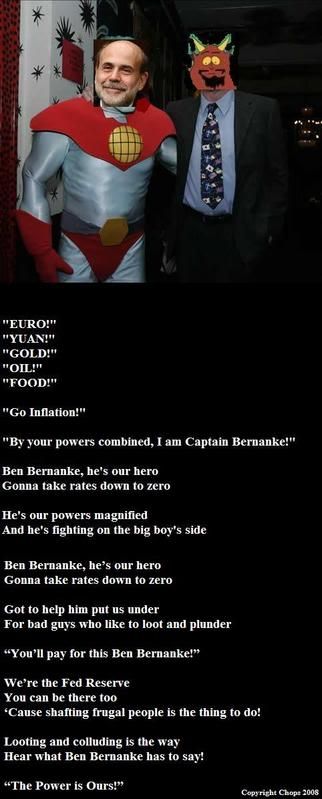Recently I have been thinking a lot about the shares I own, how they relate to my own personal ethics in investing and trading, and it has led me to ask some serious questions about myself and about the importance of different aspects that I weigh up.
Obviously, my methods of investing at least, are dominated by the factors that I deem important in the real world. Social issues, environmental concerns and cultural sensitivities are just of a few of the things that come into my mind when I make a decision about what shares to trade, or what to invest in.
The problem is that you can’t always have the best of everything. You have to at some point accept that some things, if you take this approach, will become more important in your mind than others. Of course from there, you inevitably question why those things are more important than others, and how you came to those conclusions. Sometimes I feel as if the conclusions are in part the result of carelessness or absent mindedness at the time. So it is critical in my mind to be able to continually evaluate these factors, and how they relate to what you are doing, and the stocks which you own at the time.
It also raises a few other questions. For instance, is it ethical to trade purely for money, shares that you would not dare to own as an investment? I trade Dow futures, and S&P futures, both of which contain underlying shares of companies I would not touch with a barge pole. But the fact that I don’t hold overnight, only trade these intraday, closing all my positions within the day, means I don’t add any value to markets and stocks I would not otherwise want to do, and makes my decision easy. I have no problems with doing this.
With shares, it is a little bit different. For starters, you have to weigh up what I talked about above, i.e. ascribing certain importance to the different factors. And evaluating them in the first place is difficult in itself. What we all do when we make decisions, especially with shares, and any other time when we have multiple choices, is make a decision based on the framework known as decision theory. Or so it goes. Which will be the topic of another discussion. I don’t trade shares intra-day which would solve these problems.
So what are the factors that I deem most important? Well, corporate governance, social and cultural acknowledgement and assistance, along with worker satisfaction/ safety are what I deem to be most important. Not necessarily for those specific reasons alone, as I will also discuss later. Company environmental impacts, and inherent specific industry related environmental impacts are the next most important for me. Obviously, if you have a company that is in a notoriously damaging industry, but is doing all it can to reduce its environmental impacts, it should be given a better approval than one that isn’t. However, there are some areas I will not touch regardless. Sand mining, uranium mining and coal (except under exceptional circumstances) are the three big areas.
So where does this leave me?
Given the different aspects I weigh up, I have several trading/ investing categories that I place each share into, given their ranking in my mind. They are:
- Trade long only, and be more than comfortable with receiving dividends.
- Trade long and short, and be prepared to accept dividends, without targeting them.
- Trade long and short, and avoid receiving dividends.
- Trade short only.
I guess from this you can deduce that I generally don’t have a problem with trading long and short, purely for money, in companies I don’t necessarily ethically agree with, so long as I avoid earning money from the “unethical” business practices themselves. It also means that the shares I rank highly aren’t being reduced in value, from my minuscule actions by trading short, and vice-versa. In doing this, and having each category, although I probably forego my maximum profit potential, it makes me feel more comfortable, consistent with my personal beliefs and ensures that I don’t bastardise my values. So long as I can justify my decisions, and act on them within this framework, I am satisfied.
Getting this all down on paper so to speak, has helped immensely.
Thankyou.















